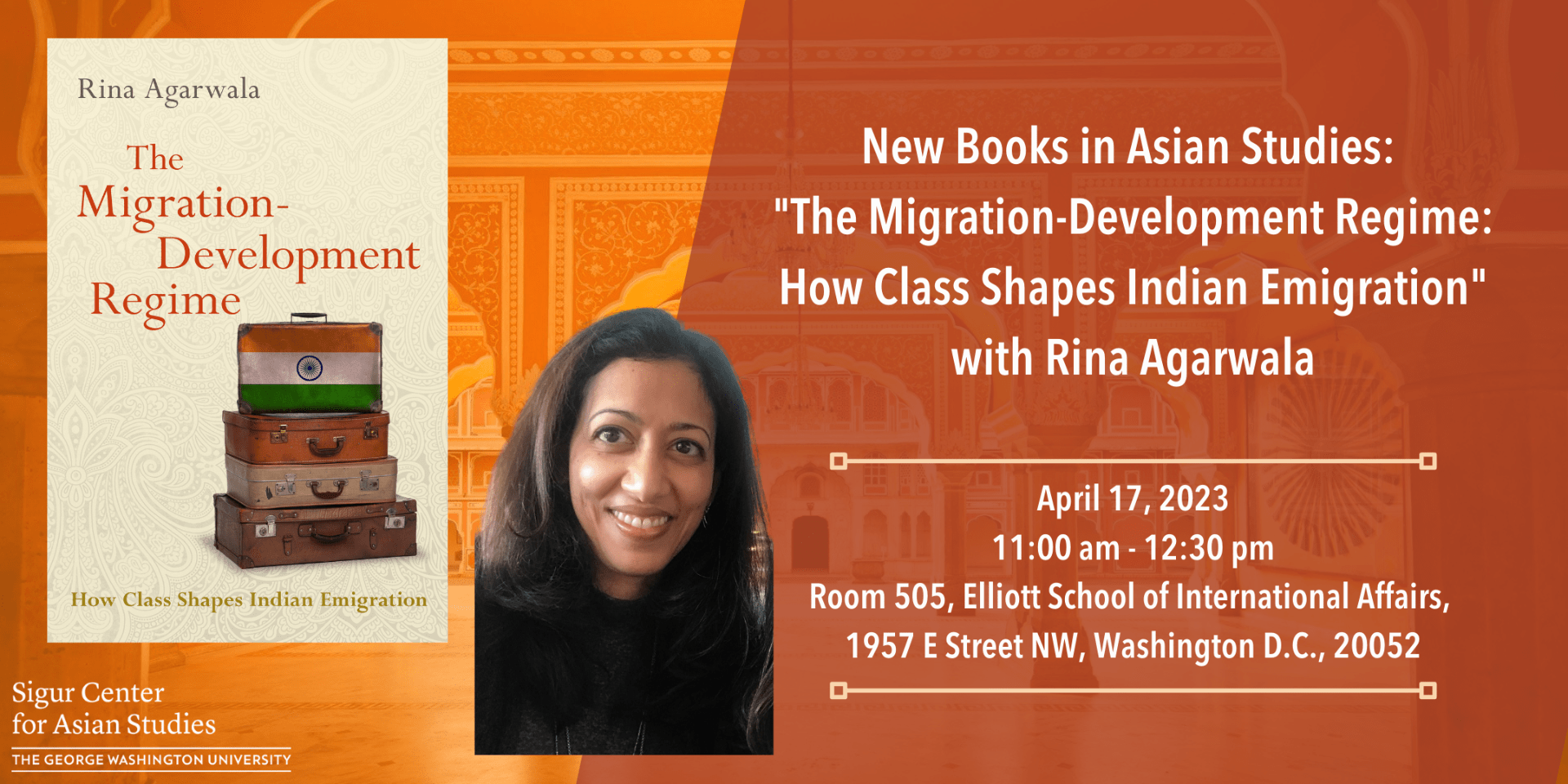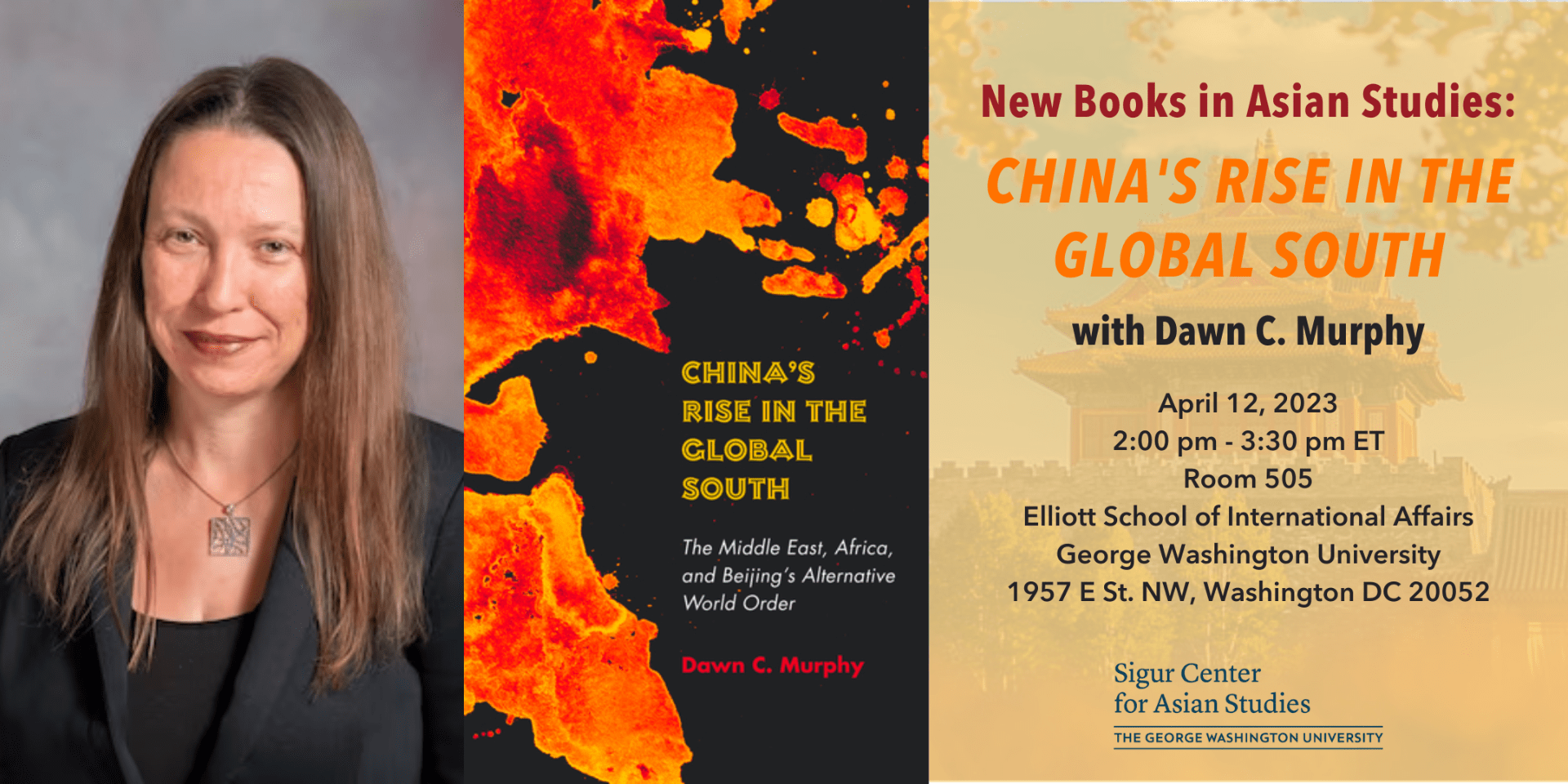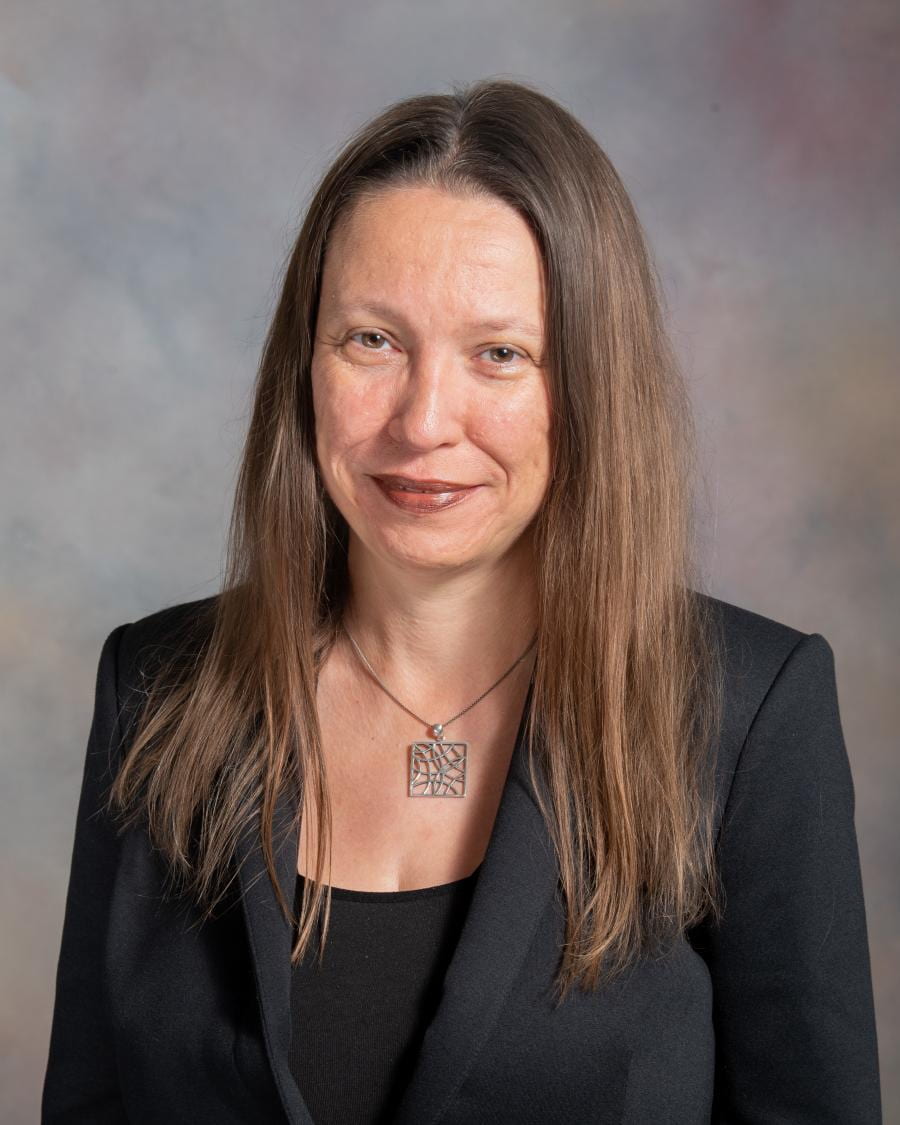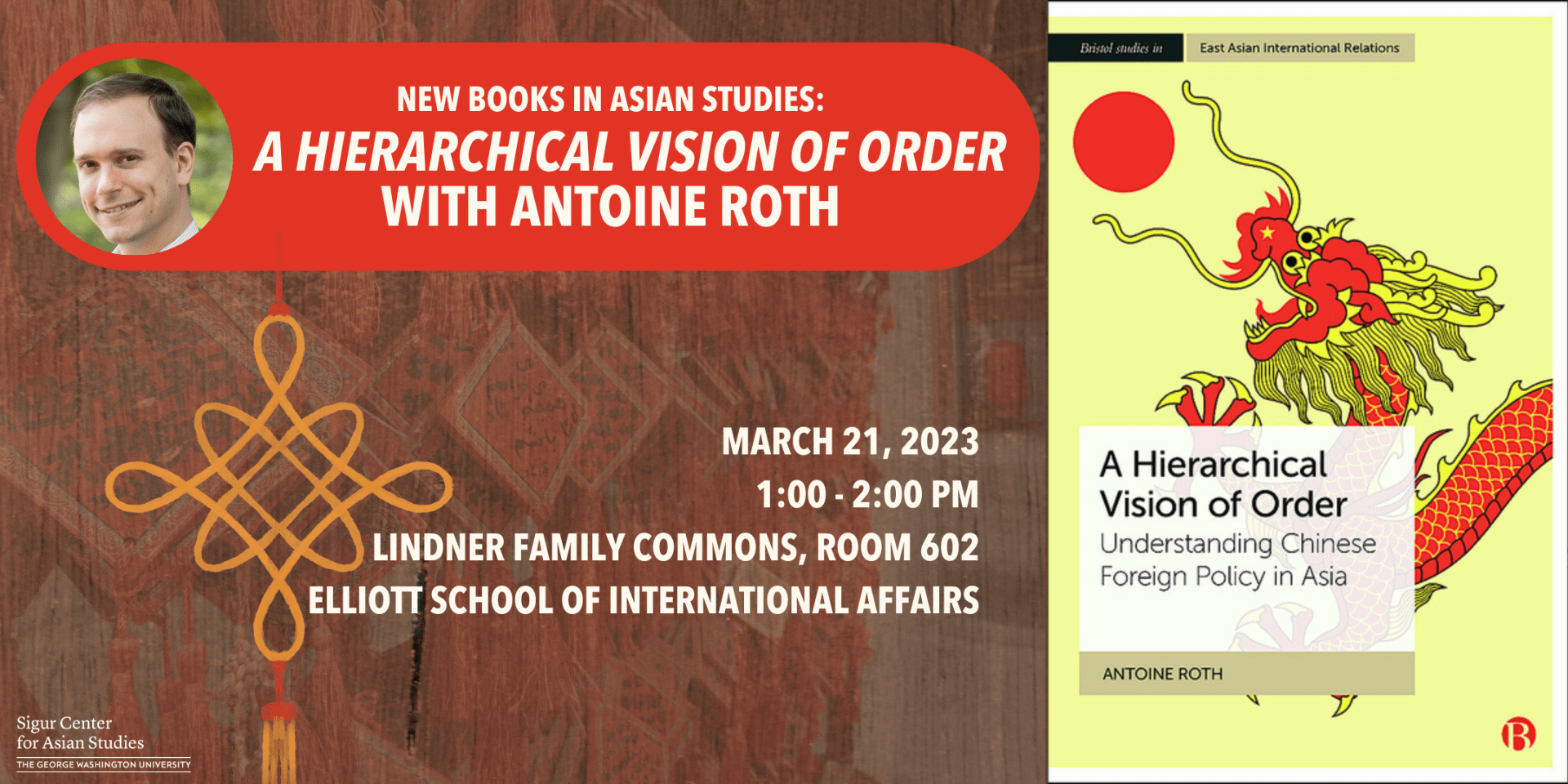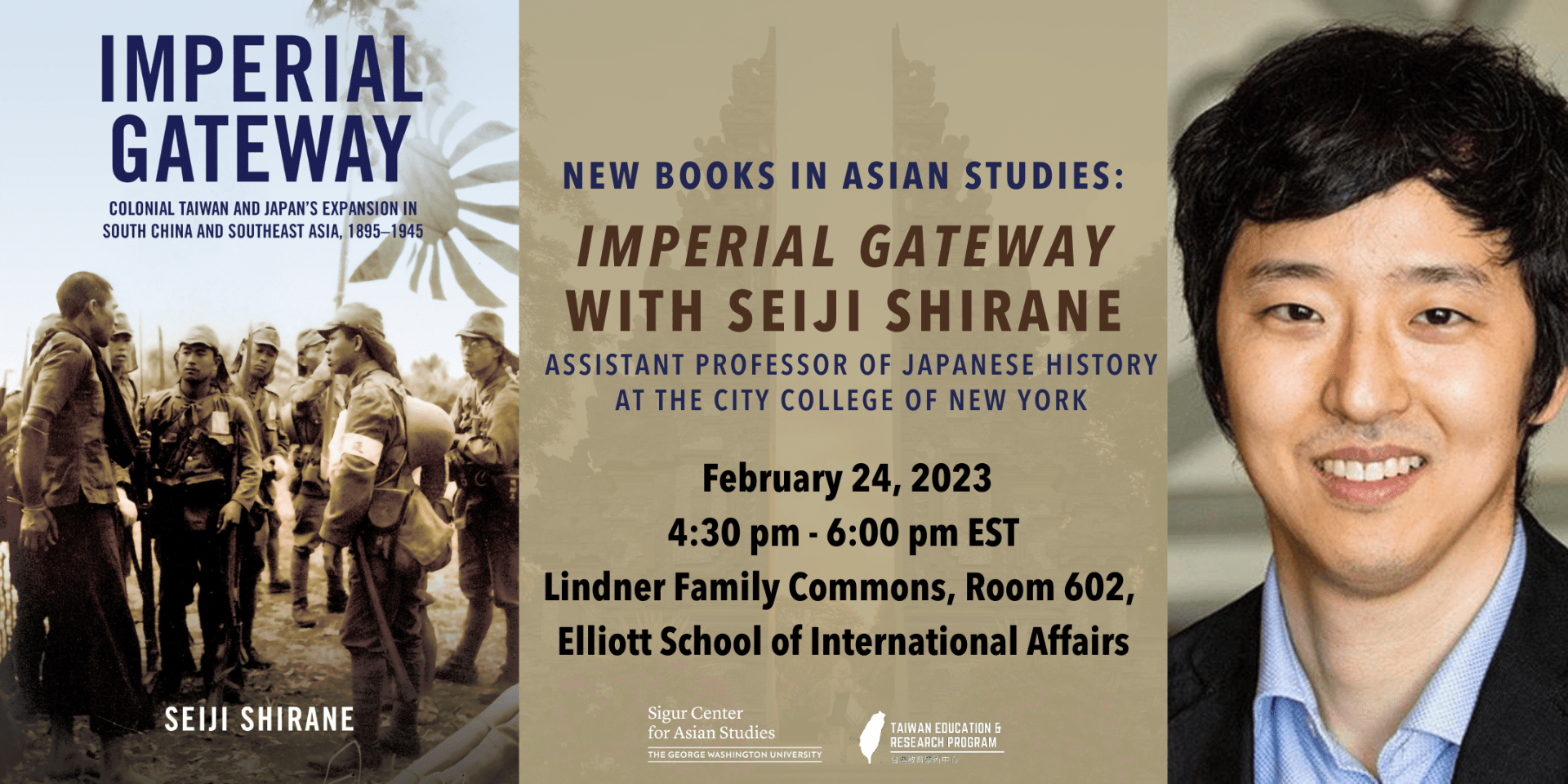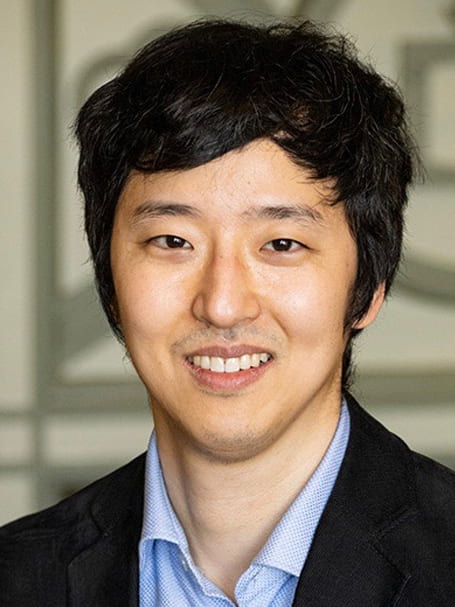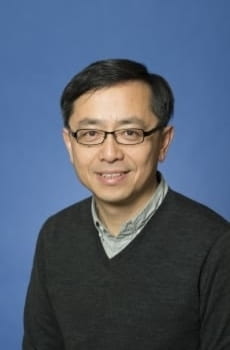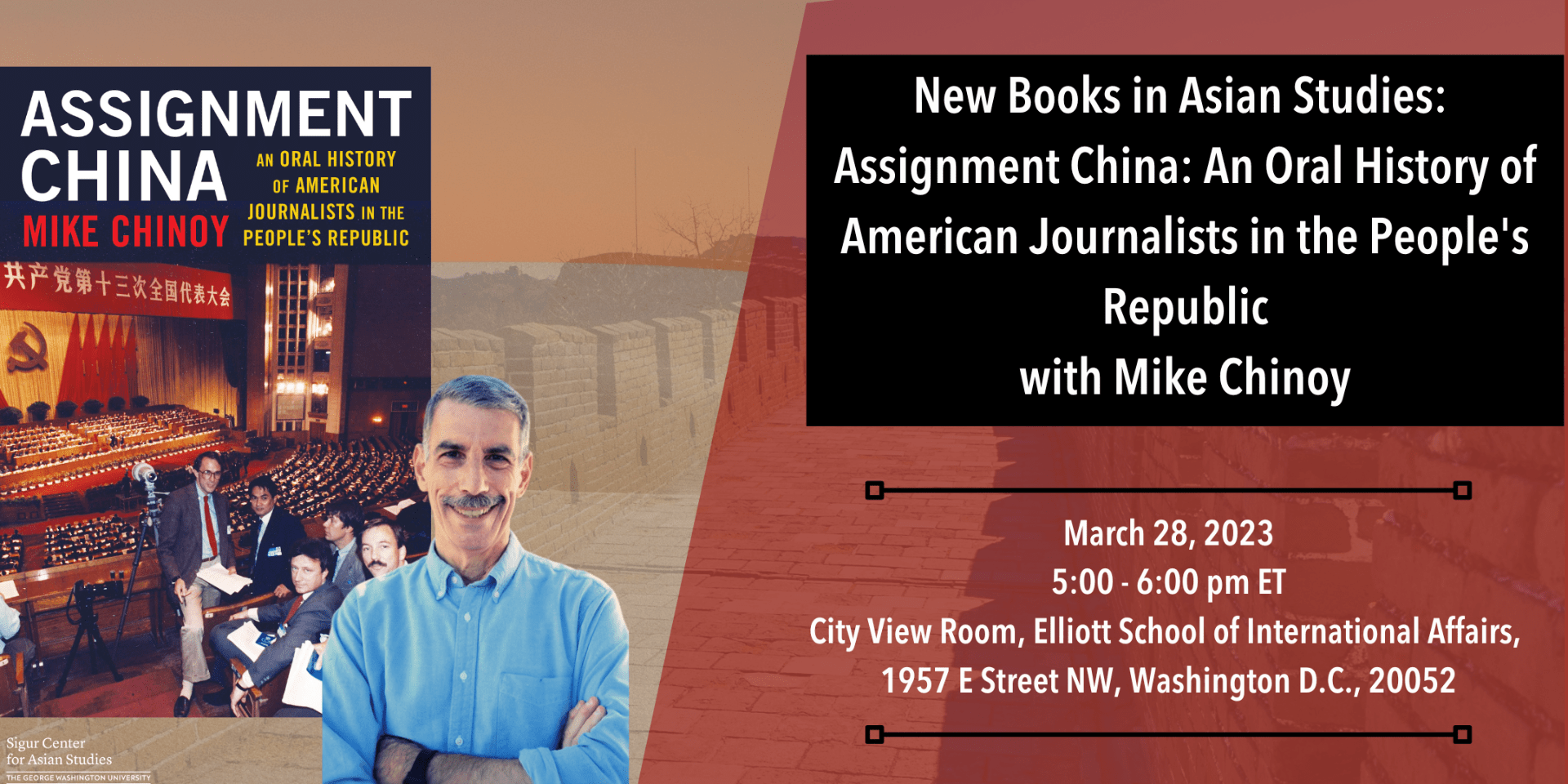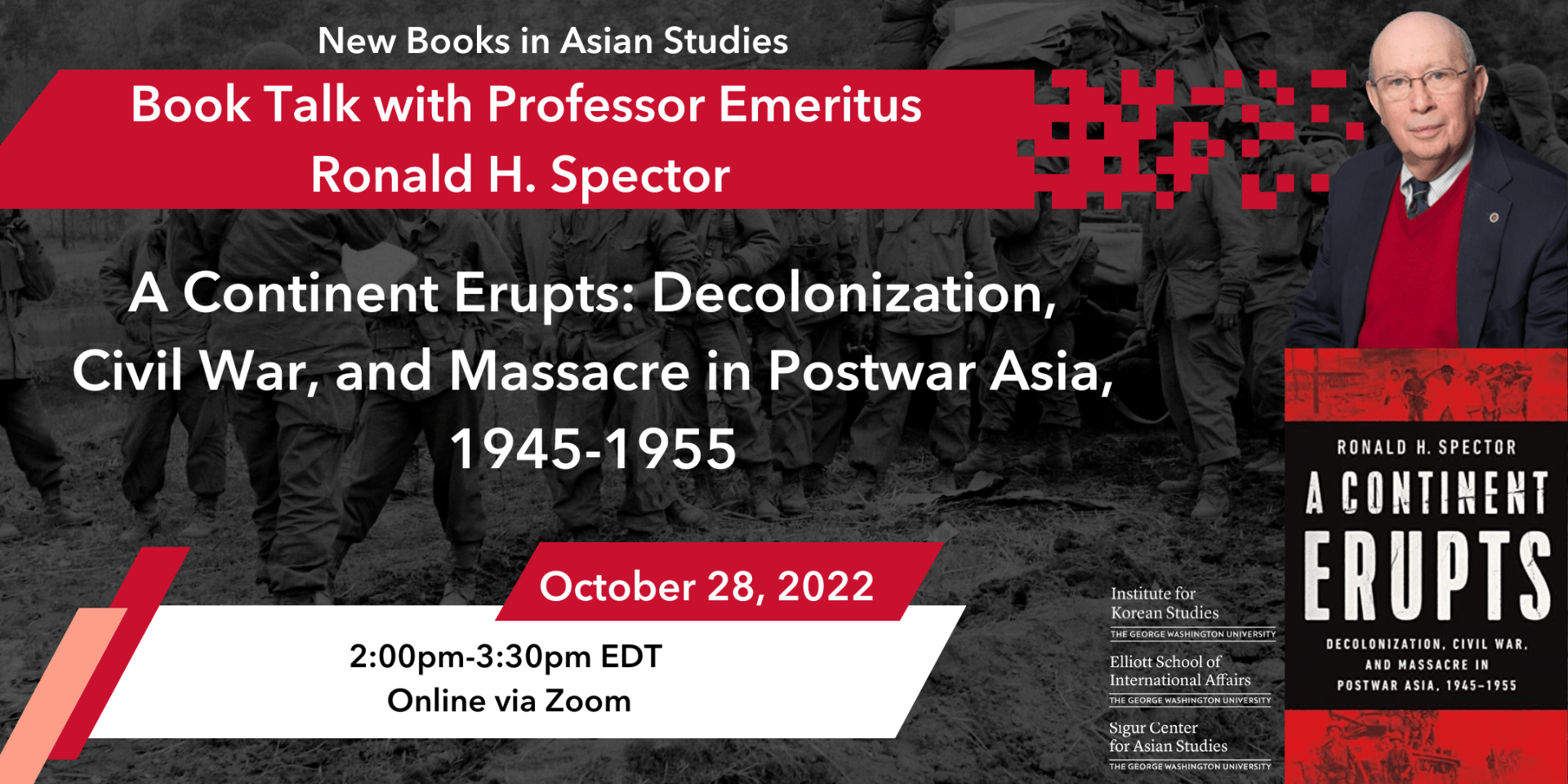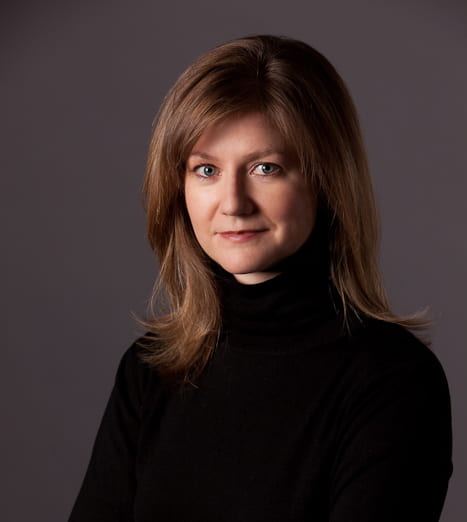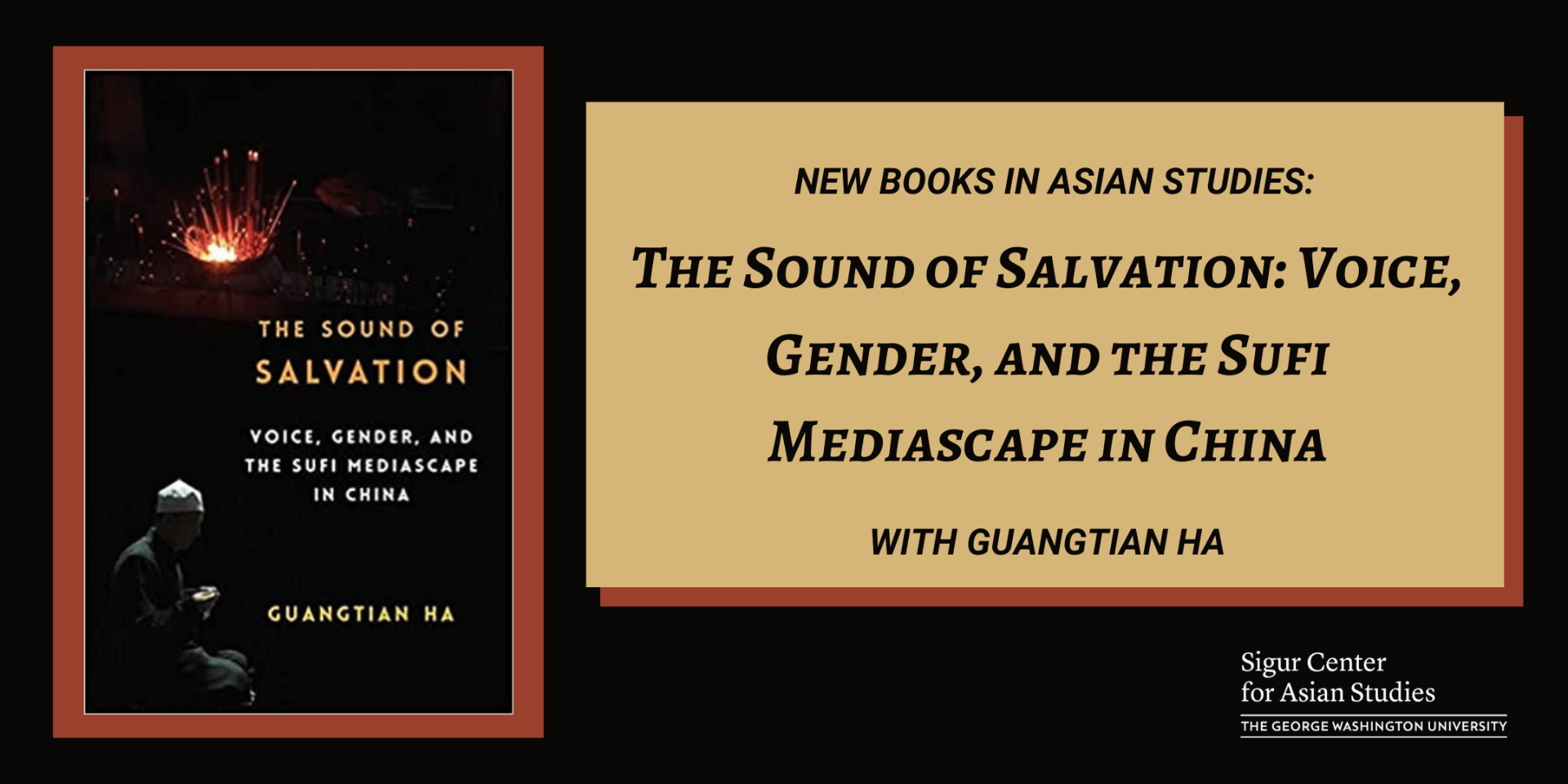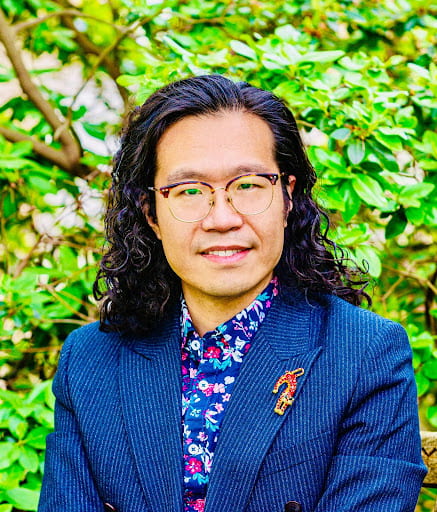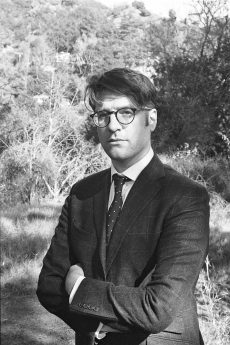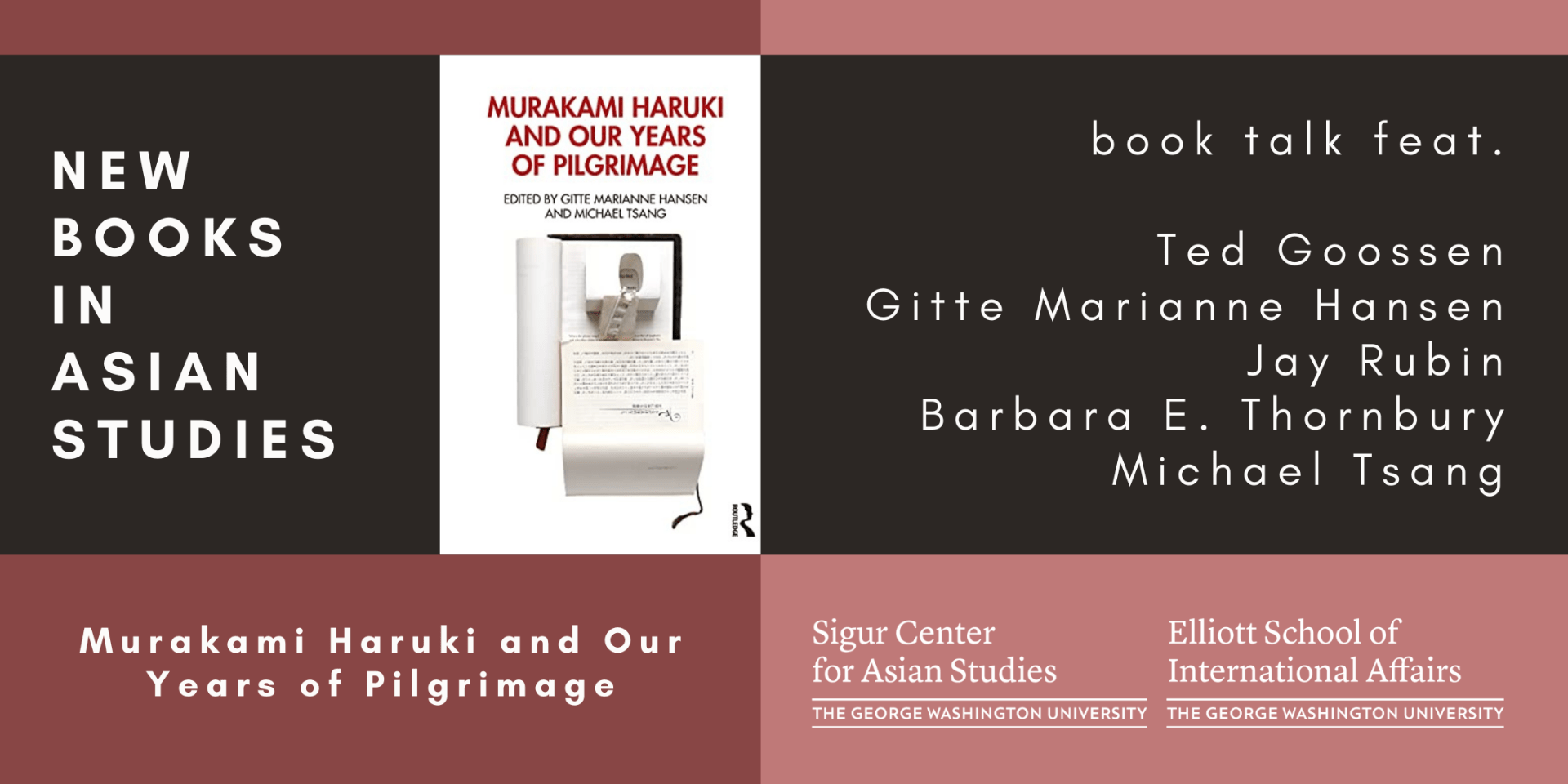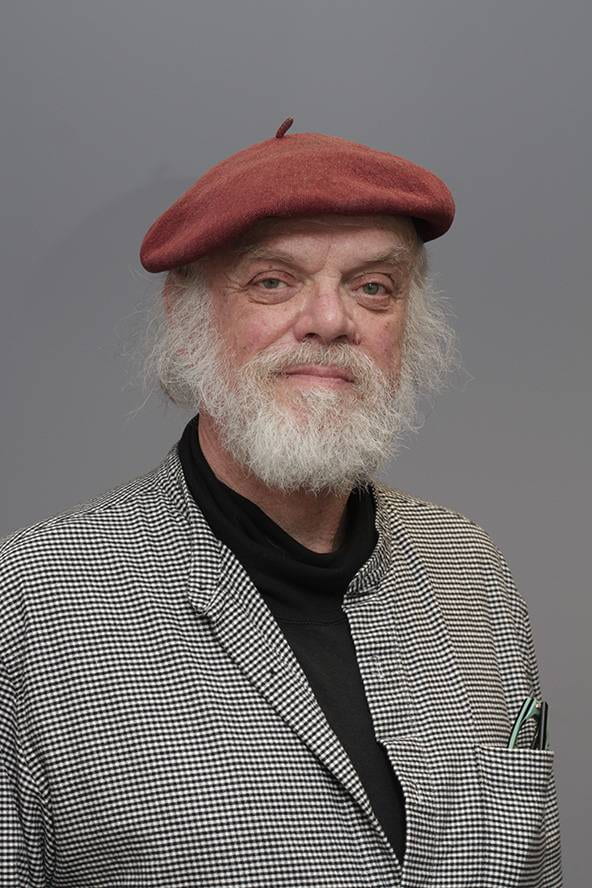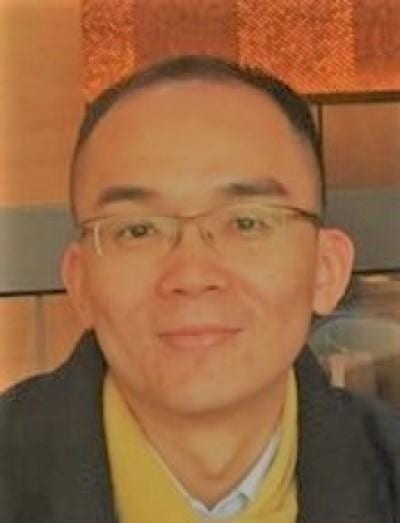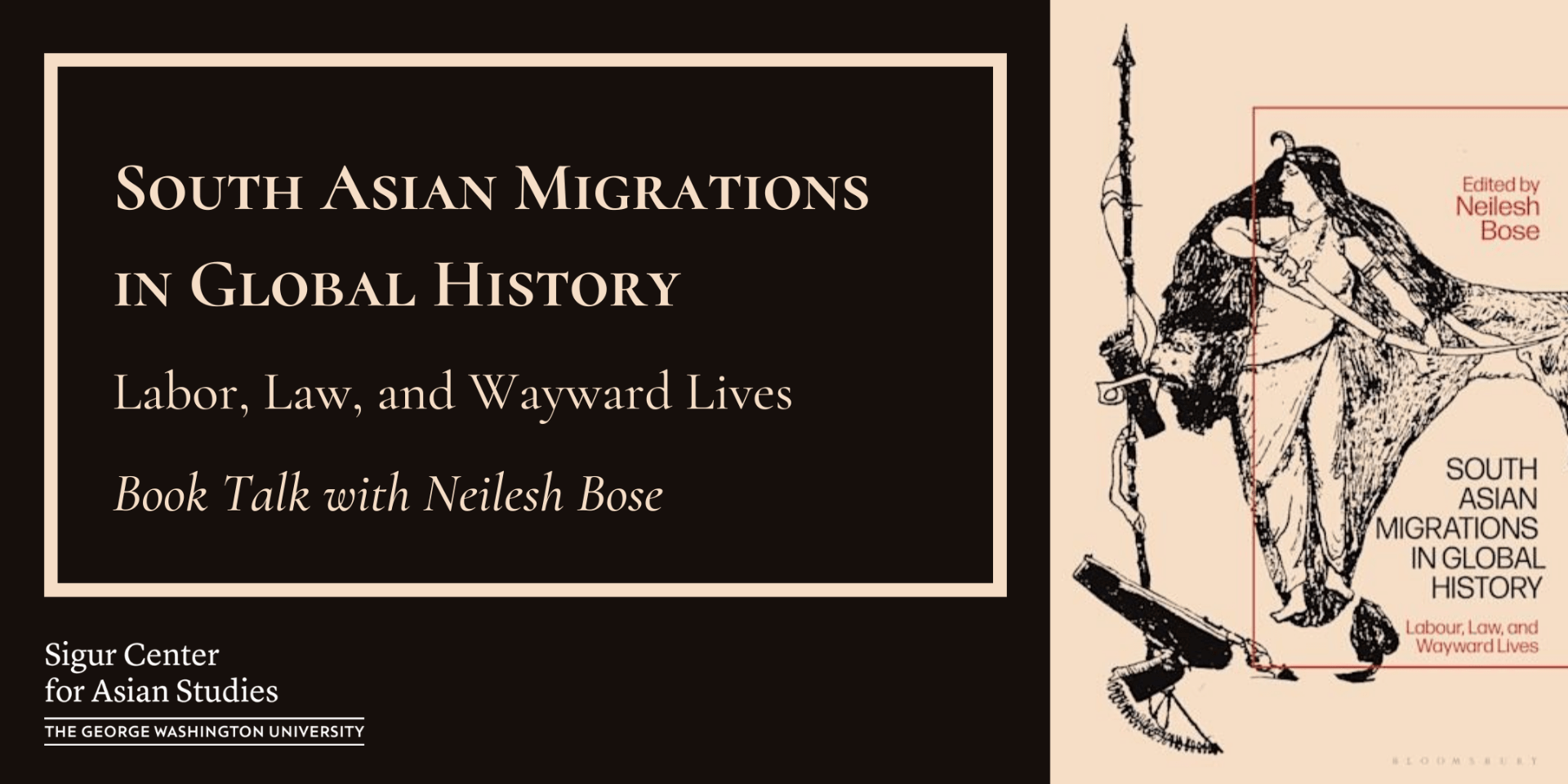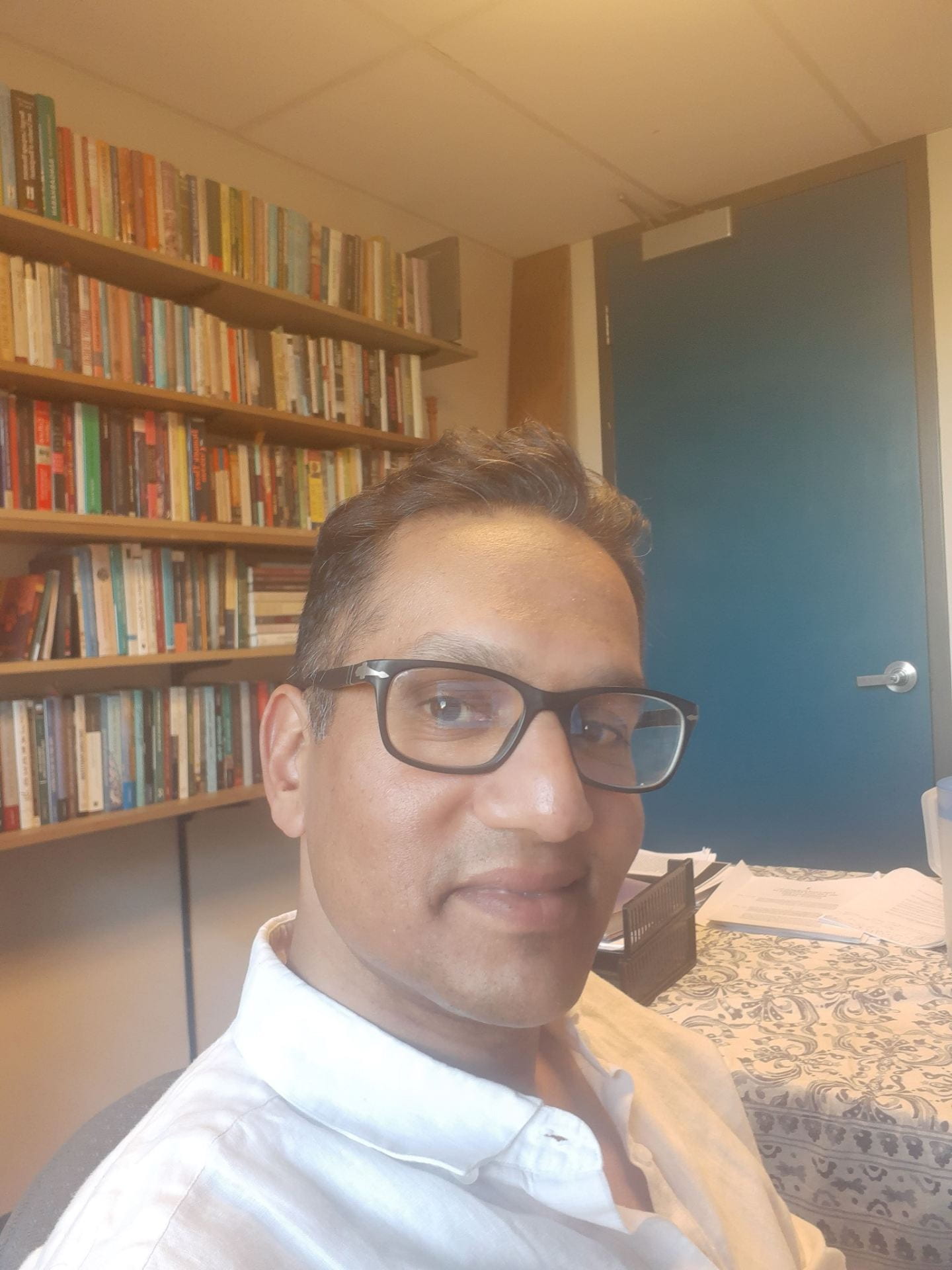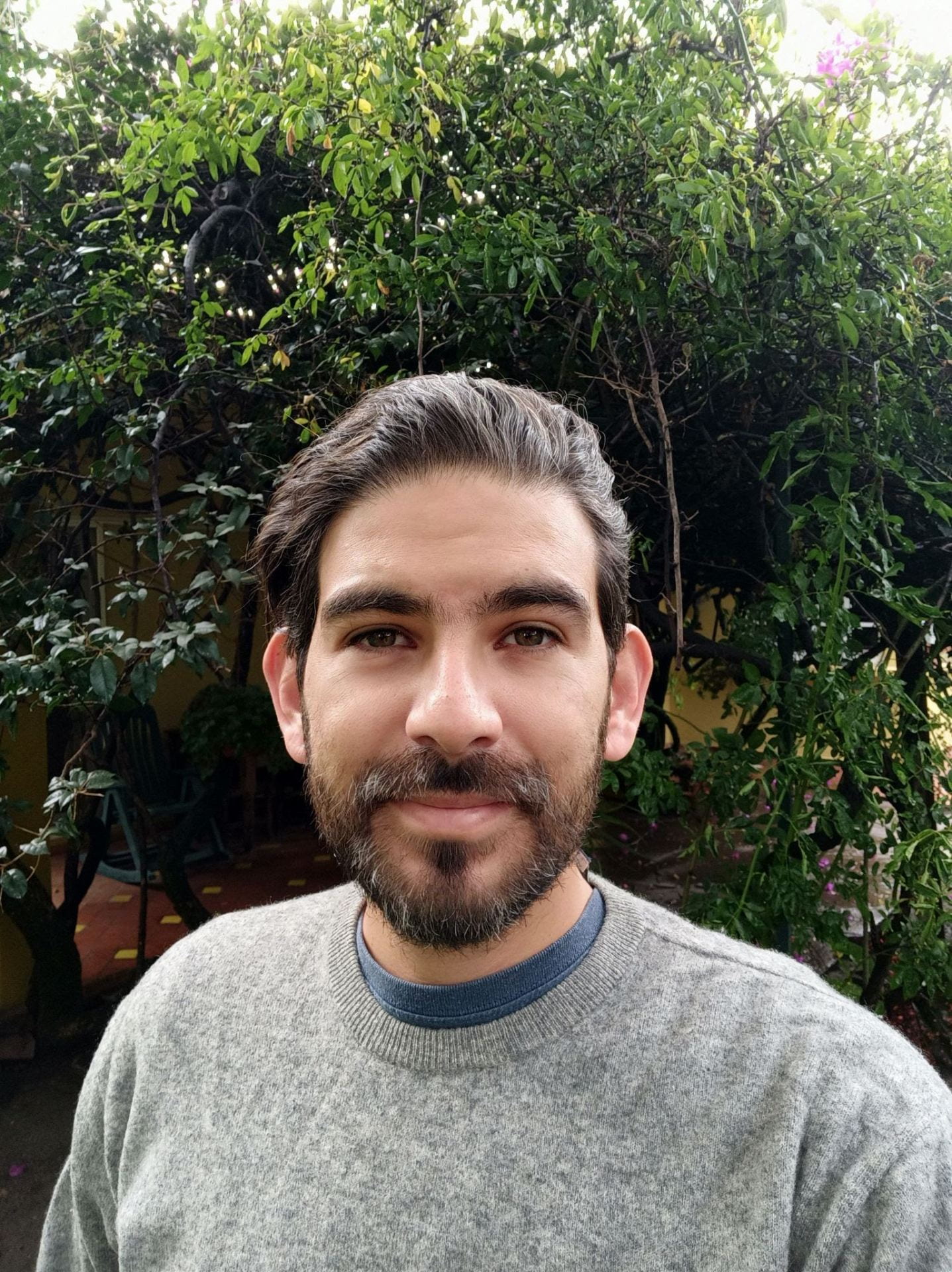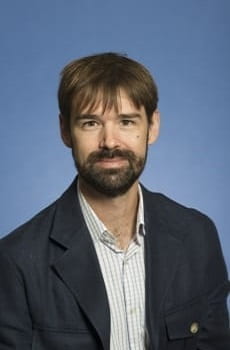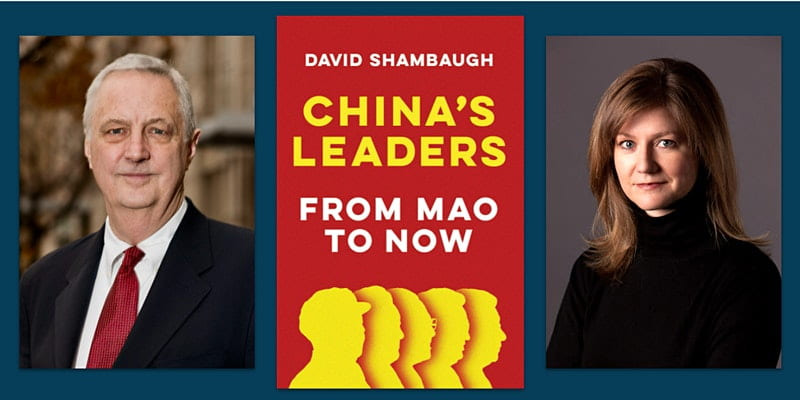Monday, April 17, 2023
11:00 AM – 12:30 PM ET
Room 505
Elliott School of International Affairs
1957 E Street NW Washington, D.C. 20052
How can we explain the causes and effects of global migration from the perspective of sending states and migrants themselves? The Migration and Development Regime introduces a novel analytical framework to help answer this question in India, the world’s largest emigrant exporter and the world’s largest remittance-receiving country. Drawing on an archival analysis of Indian government documents, a new database of Indian migrants’ transnational organizations, and unique interviews with poor and elite Indian emigrants, recruiters, and government officials, this book exposes the vital role the Indian state, as well as its poor and elite emigrants, have long played in forging and legitimizing class inequalities within India through their management of international emigration. Since the 1800s, the Indian state has differentially used poor and elite emigrants to accelerate domestic economic growth at the cost of class inequalities, while still retaining political legitimacy. At times, the Indian state has forbidden emigration, at other times it has promoted it. At times, Indian emigrants have brought substantial material inflows, at other times, they have brought new ideas to support new development agendas within India. But throughout, Indian emigration practices have deepened class inequalities by imposing different regulations, acquiring different benefits from different classes of emigrants, and making new class pacts–all while remaining invisible in political and academic discussions on Indian development. On the flip side, since the early 1900s, poor and elite emigrants have resisted and re-shaped Indian development in response to state migration practices. By taking this long and class-based view, this book recasts contemporary migration not simply as a problematic function of “neoliberalism” or as a development panacea for sending countries, but as a long and dynamic historical process that sending states and migrants have long tried to manage. In doing so, it re-defines the primary problems of migration, exposes the material and ideological impact that migration has on sending state development, and isolates what is truly novel about contemporary migration.
Copies of the book can be purchased from Oxford University Press.
Registration is free and open to the public.
This event will be recorded and will be available on the Sigur Center YouTube channel after the event.
Speaker

Rina Agarwala is a Professor of Sociology at Johns Hopkins University. Agarwala publishes and lectures on international development, labor, migration, gender, social movements, and Indian politics. Agarwala is the author of Informal Labor, Formal Politics and Dignified Discontent in India (Cambridge, 2013) and The Migration-Development Regime: How Class Shapes Indian Emigration (Oxford, 2022), as well as the co-editor of Whatever Happened to Class? Reflections from South Asia (Routledge, 2008, 2016). Agarwala has worked at the United Nations Development Program in China, the Self-Employed Women’s Association in India, and Women’s World Banking in New York. She holds a B.A. in Economics and Government from Cornell University, an MPP in Political and Economic Development from the Harvard Kennedy School of Government, and a Ph.D. in Sociology and Demography from Princeton University.
Moderator

Emmanuel Teitelbaum is an Associate Professor of Political Science and International Affairs at George Washington University. Professor Teitelbaum serves as a managing editor for the Journal of Development Studies. His writings examine class politics and political violence. His academic articles have appeared in leading journals such as the American Journal of Political Science, World Politics, Comparative Political Studies, Political Research Quarterly, Politics and Society, and the Journal of Development Studies. His book, Managing Dissent: Democracy and Industrial Conflict in Post-Reform South Asia (Cornell University Press), explores the dynamics of state-labor relations and industrial conflict following the implementation of neoliberal economic reforms in India and Sri Lanka. Professor Teitelbaum’s research has received support from the United States Institute of Peace, the National Science Foundation, the Fulbright Foundation and the Social Science Research Council. He was the recipient of the 2007 Gabriel Almond Award for Best Dissertation in Comparative Politics. He holds a Ph.D. from Cornell University and a B.A. from John Carroll University.

